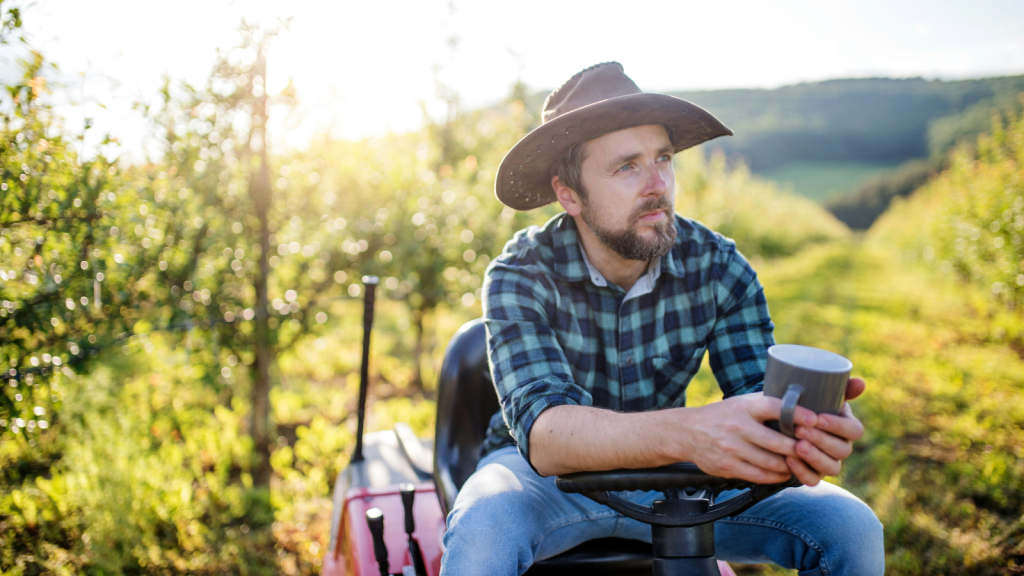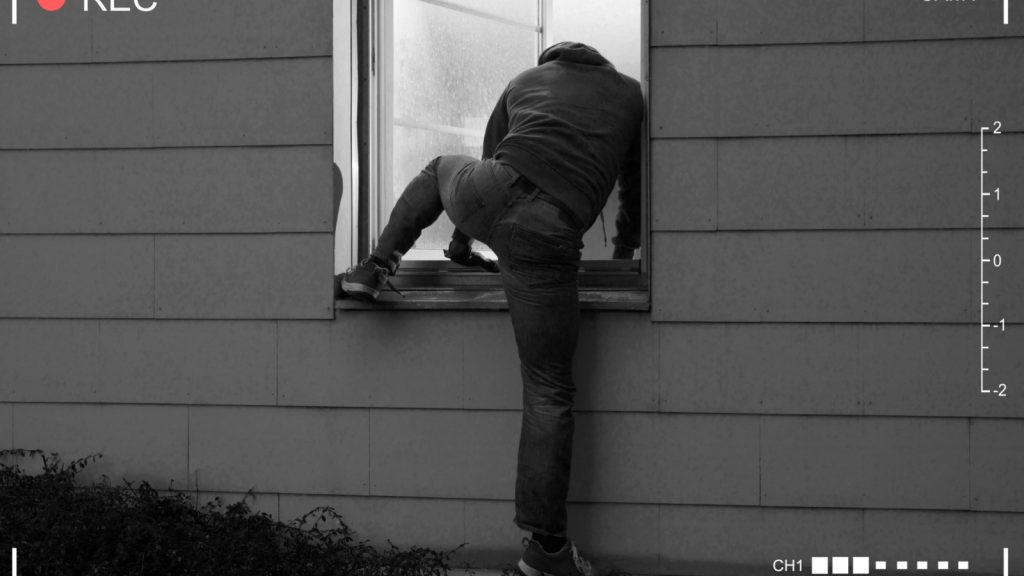The world isn’t getting any more predictable. Between natural disasters, economic uncertainties, and supply chain hiccups, knowing how to take care of yourself and your family just makes sense. And no, being prepared doesn’t mean you have to be that person with a bunker full of beans and bullets. It’s about learning practical skills that make your life better right now, while also having your back when things get tough. Think of it as being the capable, resourceful person everyone turns to when stuff goes sideways – whether it’s a power outage, a snowstorm, or just a really tight month financially.
This isn’t a super advanced or long list of mega survival skills. But it is the very fundamentals of what you need for self-reliance — the solid foundation you can build from.

Water and Food Security
Water management forms the foundation of survival preparedness. This includes knowing how to locate water sources, understanding purification methods, and implementing storage solutions. Beyond stockpiling, true water security comes from learning about rainwater harvesting systems and mastering conservation techniques.
Food security goes beyond maintaining a stockpile. Start with container gardening and gradually expand your growing space. Master preservation techniques like dehydrating, canning, and fermentation to ensure year-round food availability. These skills provide both immediate and long-term benefits for your household.
Medical and Technical Skills
While no amount of preparation can replace professional medical care, having strong first aid skills can be crucial during emergencies. Maintain first aid certifications, understand wound care, and learn about both modern and traditional remedies. Focus on preventive care and basic medical knowledge that can help during temporary disruptions in medical services.
Technical skills in construction and repair reduce dependency on external services. Learn basic construction, tool maintenance, simple carpentry, and fundamental electrical safety. Understanding equipment maintenance—from small engine repair to basic vehicle maintenance—ensures that essential tools and transportation remain reliable.
Community and Financial Preparedness
Strong community connections enhance preparedness significantly. Build local support networks, participate in skills sharing, and develop emergency communication plans. Maintain good relationships with neighbors and local groups who can provide mutual aid during challenging times.
Financial preparedness includes maintaining an emergency fund, developing debt reduction strategies, and understanding alternative currencies. Learn ethical bartering practices and basic accounting skills for inventory management. These financial skills prove invaluable during both personal and wider economic challenges.
Psychological Resilience
Mental and emotional preparedness can mean the difference between thriving and merely surviving during challenging times. Develop stress management techniques, problem-solving skills, and family communication strategies. Regular practice helps maintain both technical proficiency and psychological resilience.
Remember that self-reliance balances independence with interdependence. Focus on developing sufficient competency to handle common situations while knowing when to seek help. Through regular practice and a balanced approach to preparedness, you can develop the confidence and capability to handle whatever challenges may arise.
James is a former logistics coordinator and wilderness safety instructor, whose practical experience taught him the value of sensible preparedness and calm resilience. Passionate about self-reliance, James teaches everyday skills—like water purification, emergency communication, and outdoor safety—to help people confidently handle life's disruptions without fear or overwhelm. His approachable style combines real-world insights with relatable, personal stories and experiences.



